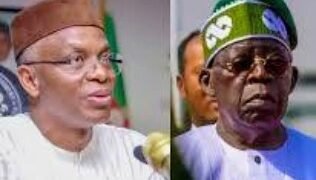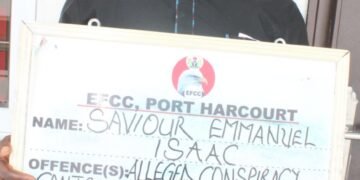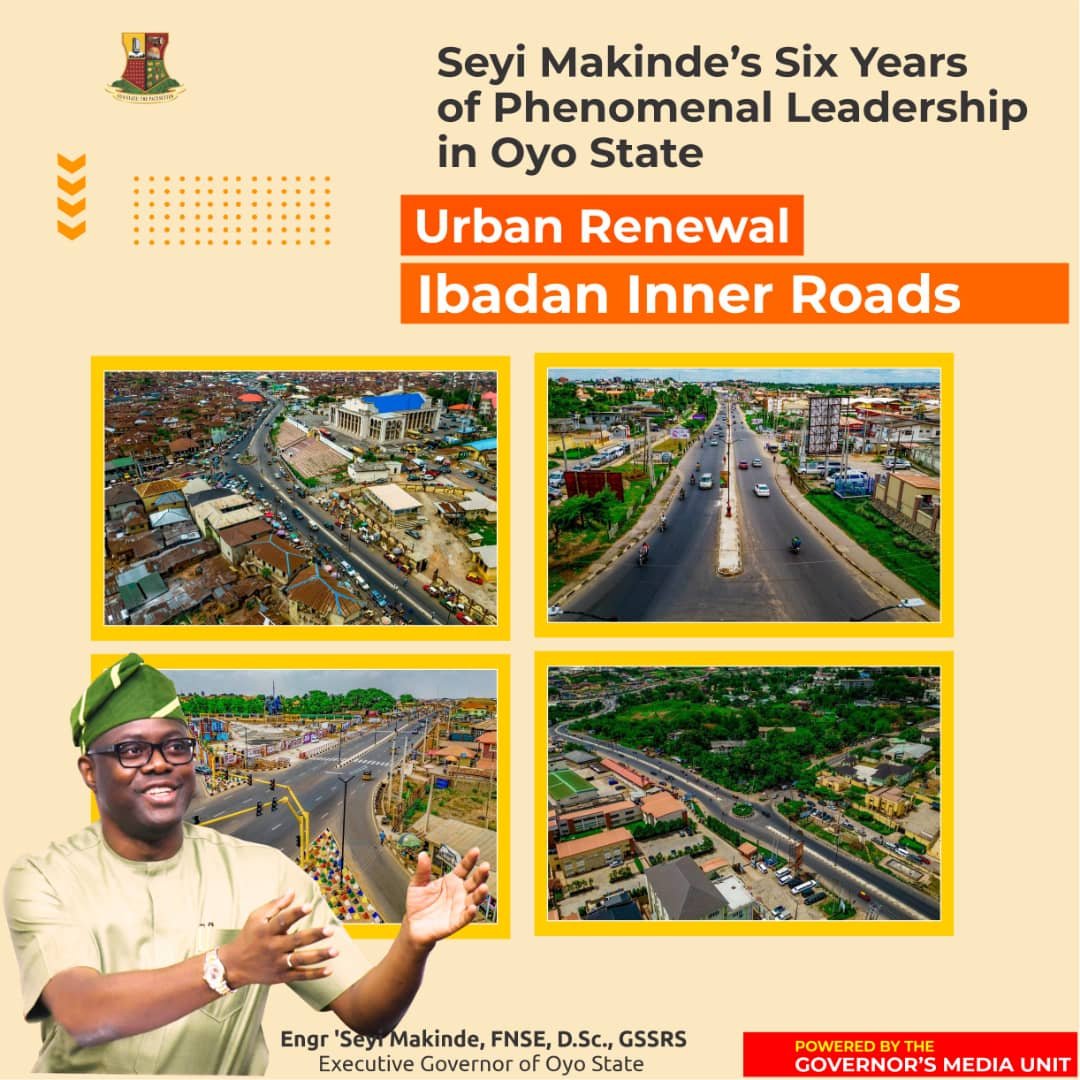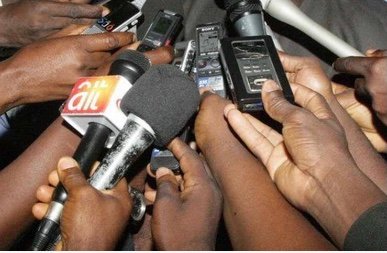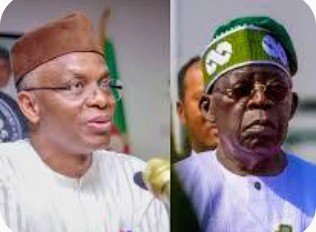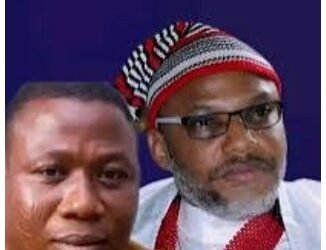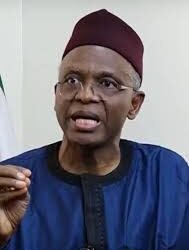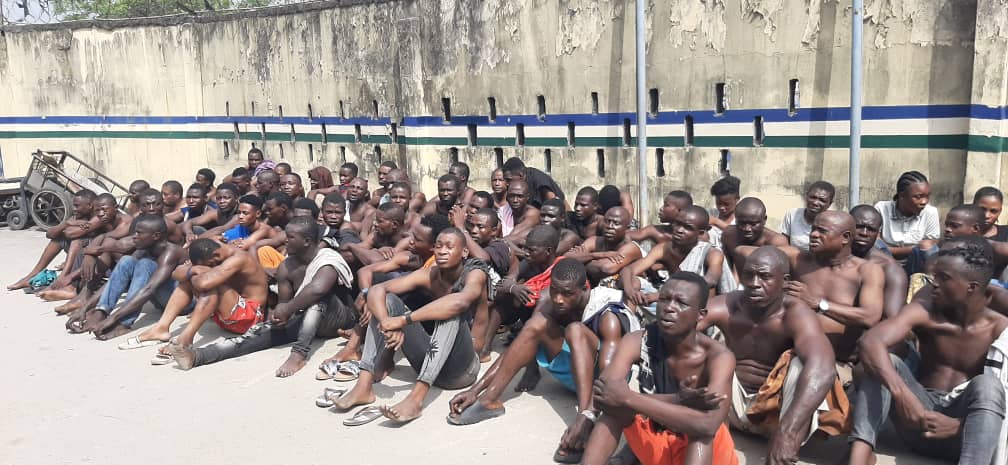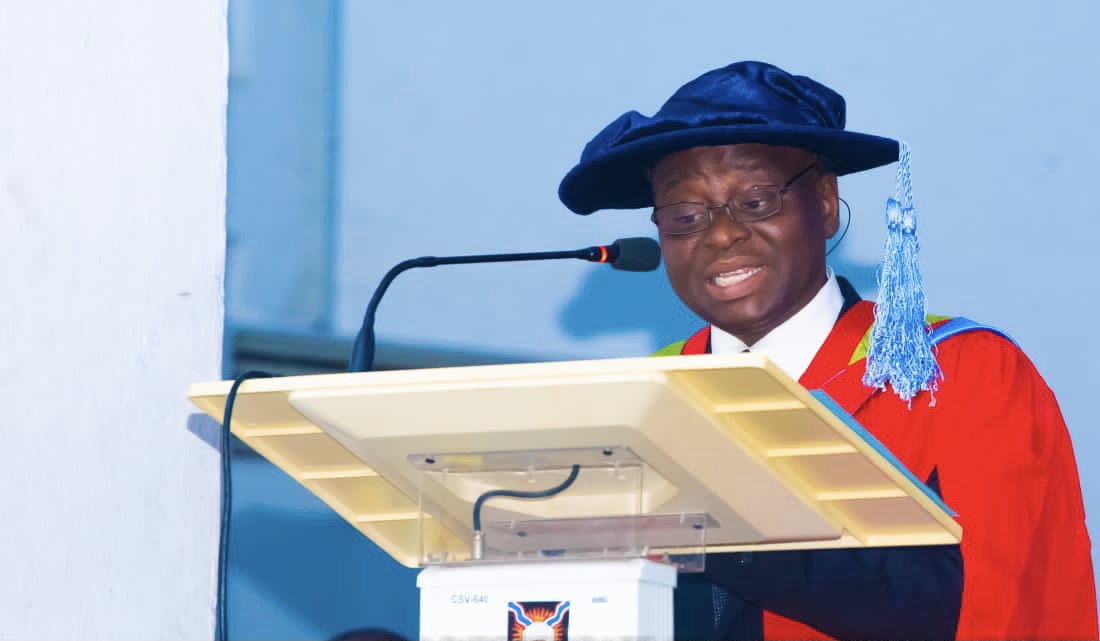Numerous obstacles in Nigerian journalism landscape compromise the reliability and efficiency of media professionals. A severe lack of financial support from media house owners has led many journalists to face undue hardships, often working without salaries for extended periods. In some instances, journalists receive minimal compensation that is hardly adequate to meet their daily needs, let alone provide sufficient safety and well-being.
This precarious financial situation has engendered a sense of insecurity among journalists, who are often seen as the backbone of a democratic society. Despite their critical role in ensuring accountability and disseminating information, many media professionals find themselves in an increasingly vulnerable position. The high expectations placed upon them to maintain professional standards and deliver quality content only exacerbate the pressures they face. The emotional toll is significant; journalists grapple with anxiety, stress, and the fear of inadequate resources, which significantly affects their mental health and job performance.
Government and Politicians: Allies or Adversaries?
The relationship between Nigerian journalists and the government is complex and often paradoxical. Journalists find themselves navigating a precarious balance where their role as watchdogs is sometimes met with support and other times with hostility, depending on their alignment with governmental narratives. When journalists choose to report favourably on government actions or initiatives, they are frequently regarded as partners in progress, celebrated for their contributions to national development and public discourse. This perceived alliance usually fosters an environment where media professionals feel encouraged and safe to operate within the bounds of the state objectives.
Conversely, when journalists adopt a critical stance towards government policies, the dynamics shift dramatically. In these instances, they may be labelled as adversaries, with their work dismissed as baseless or harmful to national interests. This bifurcated perception reveals a troubling reality: the government often opts for a media landscape that echoes its narratives, while viewing independent investigative reporting as a threat. Consequently, journalists who dare to challenge the status quo may face various forms of intimidation, ranging from censorship to outright violence, undermining their essential role in civil society.
This relationship highlights the need for a thorough examination of how press freedom is upheld in Nigeria. The expectation that journalists should act as instruments of the state, rather than as independent observers, raises critical questions about democratic accountability. The government’s preference for compliant and uncritical media serves to stifle dissent and limit transparency, ultimately harming the public’s right to information. The ongoing struggle for Nigerian journalists to reclaim their agency while maintaining their commitment to ethical reporting is indicative of the broader challenges faced by media professionals in environments where freedom of expression is under threat.
Media Control and Padded Reporting
The phenomenon of ‘padded media’ in Nigeria has emerged as a significant barrier to the effective practice of journalism in the country. This term refers to the situation where journalists find themselves systematically excluded from events and reliant on official press releases that dictate both the narrative and the scope of their reporting. Such a model significantly undermines journalistic integrity and, more broadly, the very foundation of democracy. When press releases dominate media coverage, journalists lose their function as independent watchdogs, which limits their ability to critically evaluate those in positions of power.
The implications of this situation are profound. Journalists are compelled to operate within a framework that limits their ability to uncover the truth. They are left with little enthusiasm for investigative journalism, as genuine opportunities for in-depth reporting become increasingly scarce. Instead of acting as informants to the public, many journalists are relegated to being mere transmitters of information, devoid of context or critical analysis. Consequently, the richness of news reporting is diminished, and the public remains ill-informed about essential societal issues.
Moreover, this control over the media landscape generates a culture of self-censorship among journalists who fear repercussions for deviating from the narratives approved by those in power. They are caught in a precarious situation where the potential consequences of dissenting from the mainstream narrative can impact their career stability. As the practice of padded reporting continues, the erosion of journalistic integrity poses a threat not only to individual reporters but also to the broader social contract that underpins democracy. Thus, it is crucial to address the factors leading to this control to restore the essential role of journalists in society, fostering an environment in which freedom of expression and investigative rigour are once again prioritized.
A Call to Action: Supporting Journalists in Distress
The landscape for journalists in Nigeria is increasingly perilous, with many facing threats, harassment, and even violence as they strive to maintain the integrity of their work. In light of these challenges, various stakeholders must step forward to support Nigerian journalists. The public, civil society organizations and international bodies need to take decisive action to address these issues and improve the working conditions for media professionals across the country.
One fundamental area for improvement is advocacy for fair wages. Many journalists in Nigeria are underpaid and often work in precarious conditions without any job security. By actively supporting initiatives aimed at establishing a living wage, stakeholders can help ensure that journalists can sustain themselves and operate without the constant threat of financial instability. This requires collaboration between media institutions, government entities, and non-profit organizations dedicated to press freedom.
Safety measures must also be prioritized. Media professionals should be provided with essential protective measures, including training in risk assessment and crisis management. Civil society organizations can play an instrumental role in this regard by offering workshops and resources that equip journalists with the necessary skills to navigate hostile environments. Moreover, international bodies can exert pressure on the Nigerian government to uphold and enforce laws that protect journalists from threats and violence.
Greater independence from government pressures is equally crucial. Supporting initiatives that promote media pluralism and editorial independence can help create a more open and just media landscape. Journalists need to operate without the fear of censorship or retaliation, ensuring they can report freely and transparently about matters concerning the public. Unity among journalists, their supporters, and the broader civil society will be fundamental in advocating for change and achieving a more equitable media environment for all in Nigeria.
•Mimiola, an award-winning journalist, sent this piece.



